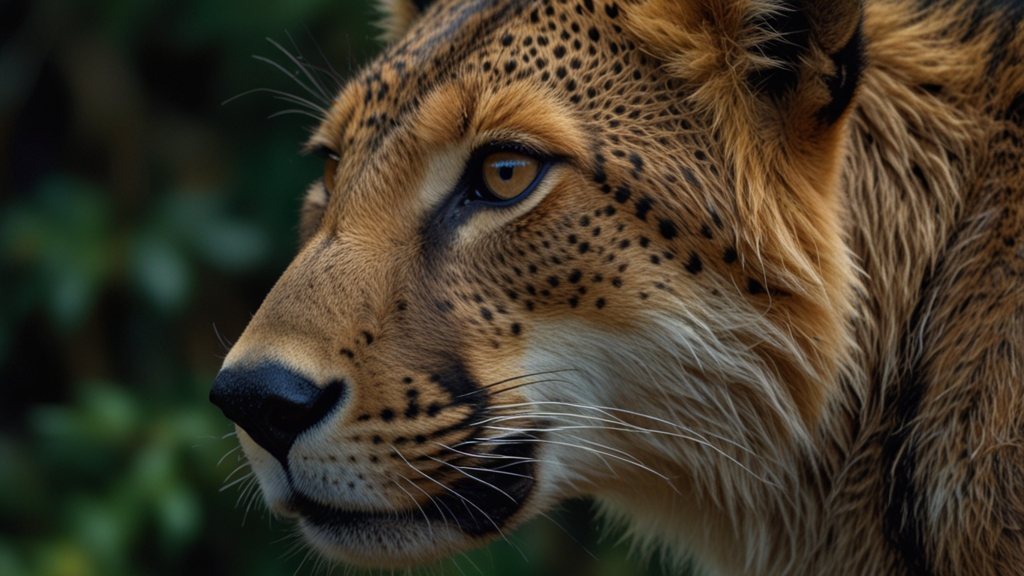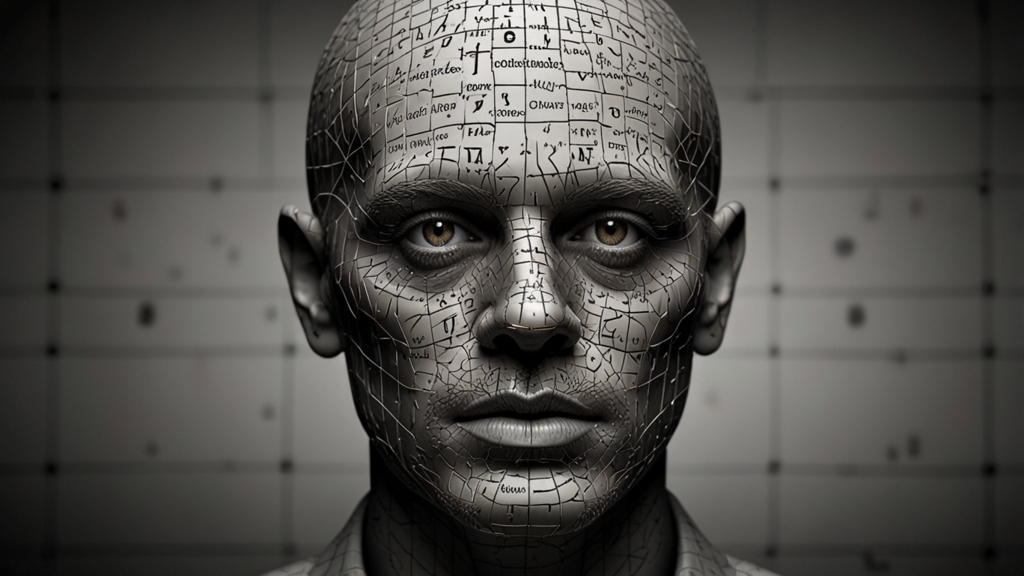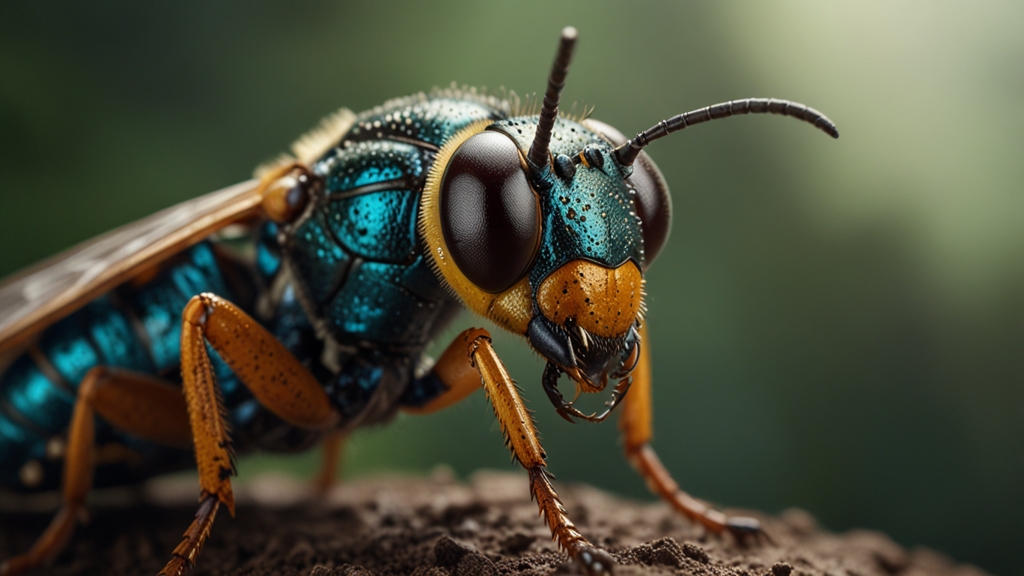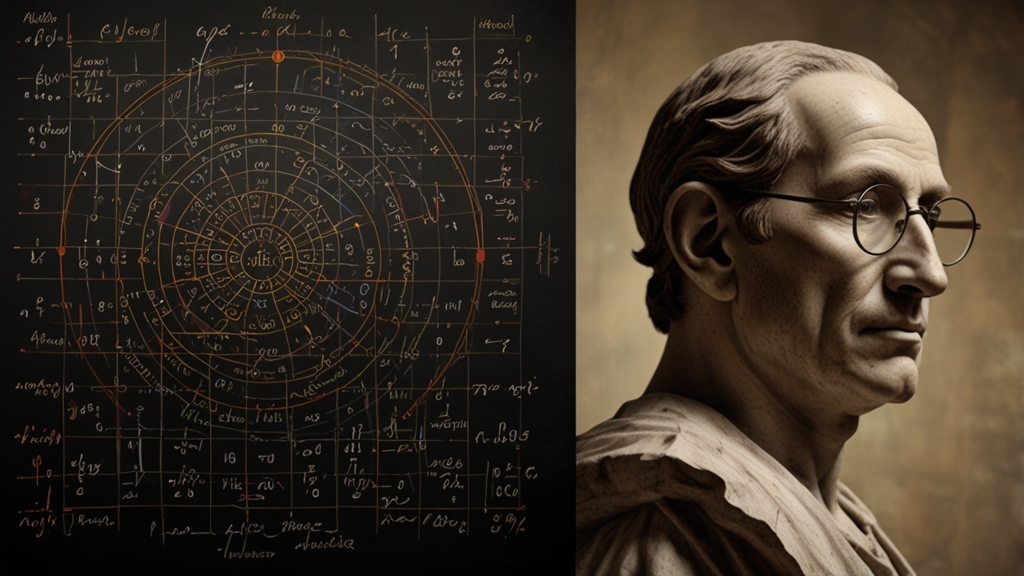The Mammal Conundrum: Are Humans Unique Among Mammals?
The question of whether humans are unique among mammals has intrigued scientists, philosophers, and theologians for centuries. To unravel this conundrum, one must delve into the myriad aspects that define both human beings and their mammalian counterparts: anatomy, cognition, behavior, and social structures. The quest to determine what, if anything, sets humans apart is not just an academic exercise—it’s a reflection on our place in the natural order.
Anatomical Similarities and Differences
At an anatomical level, humans share many characteristics with other mammals: warm-bloodedness, hair, the presence of mammary glands for nursing, and certain skeletal structures. However, some distinctions are undeniable, such as bipedalism—the ability to walk on two legs—which is a hallmark of the human species. Another notable difference is the size of the human brain. Human brains are, on average, three times larger than those of our closest relatives, the great apes.
"The increased brain size in humans is frequently cited as the defining physical trait that sets us apart, enabling advanced cognitive functions, complex tool use, and sophisticated forms of communication." — Dr. Jane Goodall
Cognitive Abilities
Cognitive abilities represent another area where humans appear to outshine other mammals. Our capacity for advanced reasoning, problem-solving, and abstract thought is unparalleled. Language, with its intricacies of grammar, syntax, and semantics, allows us to convey complex ideas and emotions. While other mammals communicate, the depth and complexity of human language are unique.
Furthermore, the development of culture—art, music, and literature—is a human trait that has no equal in the animal kingdom. Cultural transmission, the ability to pass knowledge and customs down generations, is observed in a rudimentary form in some mammals, but nowhere near the scale seen in human societies.
Behavior and Social Structures
Human social structures are incredibly complex. We form familial bonds and have institutions such as marriage, governments, and educational systems. Though other mammals exhibit social behaviors, such as the hierarchical systems seen in wolf packs or the cooperative hunting techniques of orcas, human societal organization is multifaceted and continually evolving.
"The complexity of human societies eclipses that of any other mammal. Our ability to create and sustain large, diverse communities is a testament to our advanced social cognition." — Dr. Frans de Waal
The Question of Morality
One could argue that what truly sets humans apart is our sense of morality and ethics. Humans have developed intricate moral codes and philosophies, enabling us to make decisions that benefit society as a whole. While some animals exhibit what appears to be empathetic behavior, such as elephants mourning their dead or primates sharing food, these are arguably instinctual rather than moral actions.
"Humans uniquely possess the ability to reflect on their actions and the consequences of those actions, which is the bedrock of moral reasoning." — Dr. Peter Singer
Conclusion: A Unique Position
So, are humans unique among mammals? The answer is both yes and no. Anatomically and genetically, we share much with our mammalian kin, yet in terms of cognitive abilities, cultural development, social structures, and moral reasoning, we stand apart. These traits combine to place humans in a distinct position within the mammalian lineage. However, it’s crucial to remember that these unique qualities also come with responsibilities, particularly in stewarding the planet and its myriad other life forms.
Understanding what makes us unique can foster a greater appreciation for the natural world and our role within it. So, while humans may stand apart in many ways, recognizing our connection to other mammals is equally important in comprehending the full tapestry of life on Earth.













